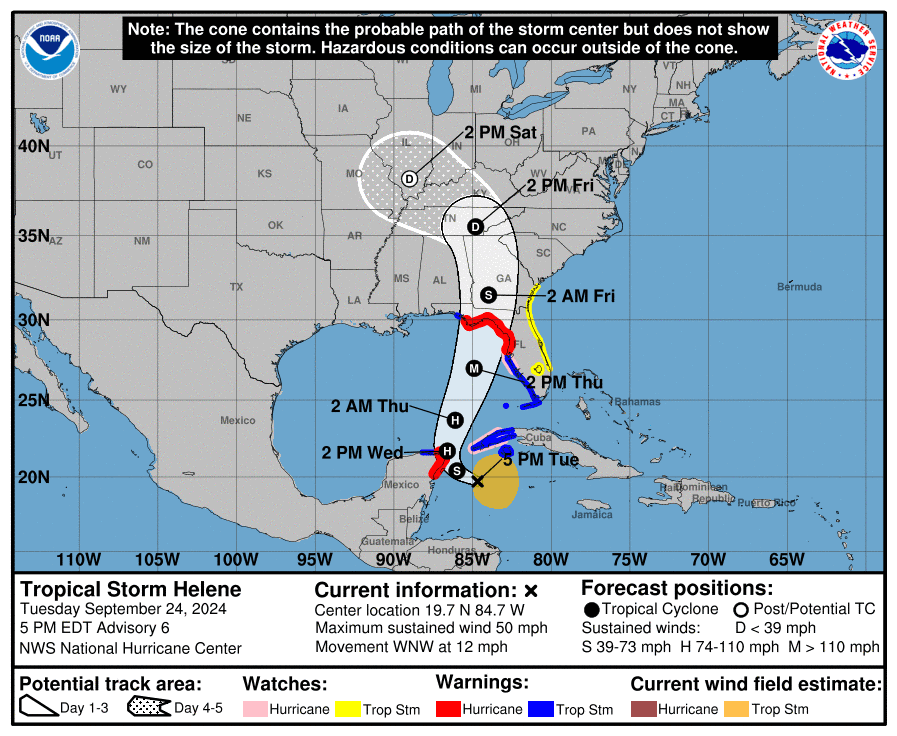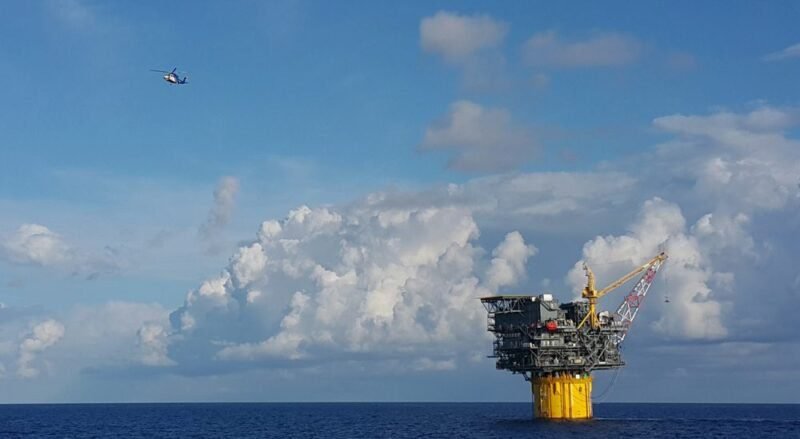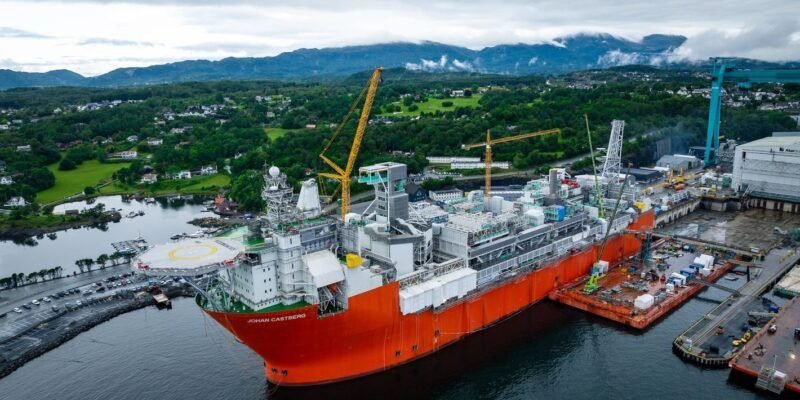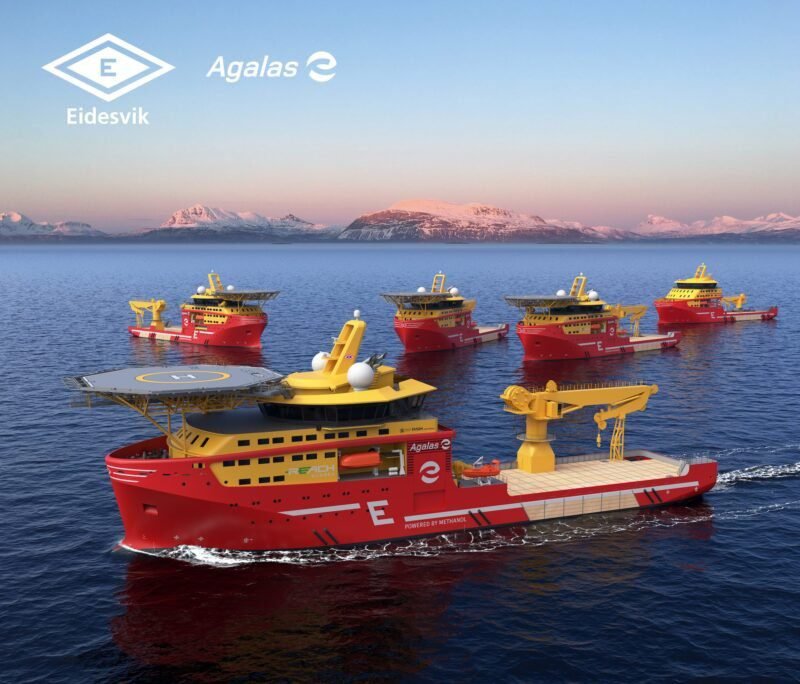The oil industry is set to drill a record-breaking deepwater well in Colombia’s Caribbean waters, with plans to explore to a depth of 3,900 meters, surpassing the current record-holder in Angola. This push into deepwater exploration comes as production growth in North American shale fields slows, prompting companies to expand drilling offshore. Offshore drilling companies are seeing a renaissance in deepwater production, with the potential for over $100 billion in commitments for offshore projects in the coming years.
Improved marine seismic technology has enabled the attempt to break the water depth record with the Komodo-1 well, as Colombia explores its vast offshore potential due to depleting onshore reserves. Worldwide, more than 40 drillings are expected to take place in waters at least 1,500 meters deep this year, marking a decade-high in drilling activity in extremely deep waters. While the costs of offshore exploration are higher than shale drilling, the potential rewards are significant and less dependent on political and regulatory changes.
Deepwater drilling is expected to account for up to a quarter of global oil production by the end of the decade, with companies exploring deeper and more challenging environments. The risk of drilling a “dry hole” offshore is higher than in shale drilling, but the potential rewards are considered more sustainable. Despite the challenges, the oil industry sees deepwater exploration as a critical component of future energy production.












